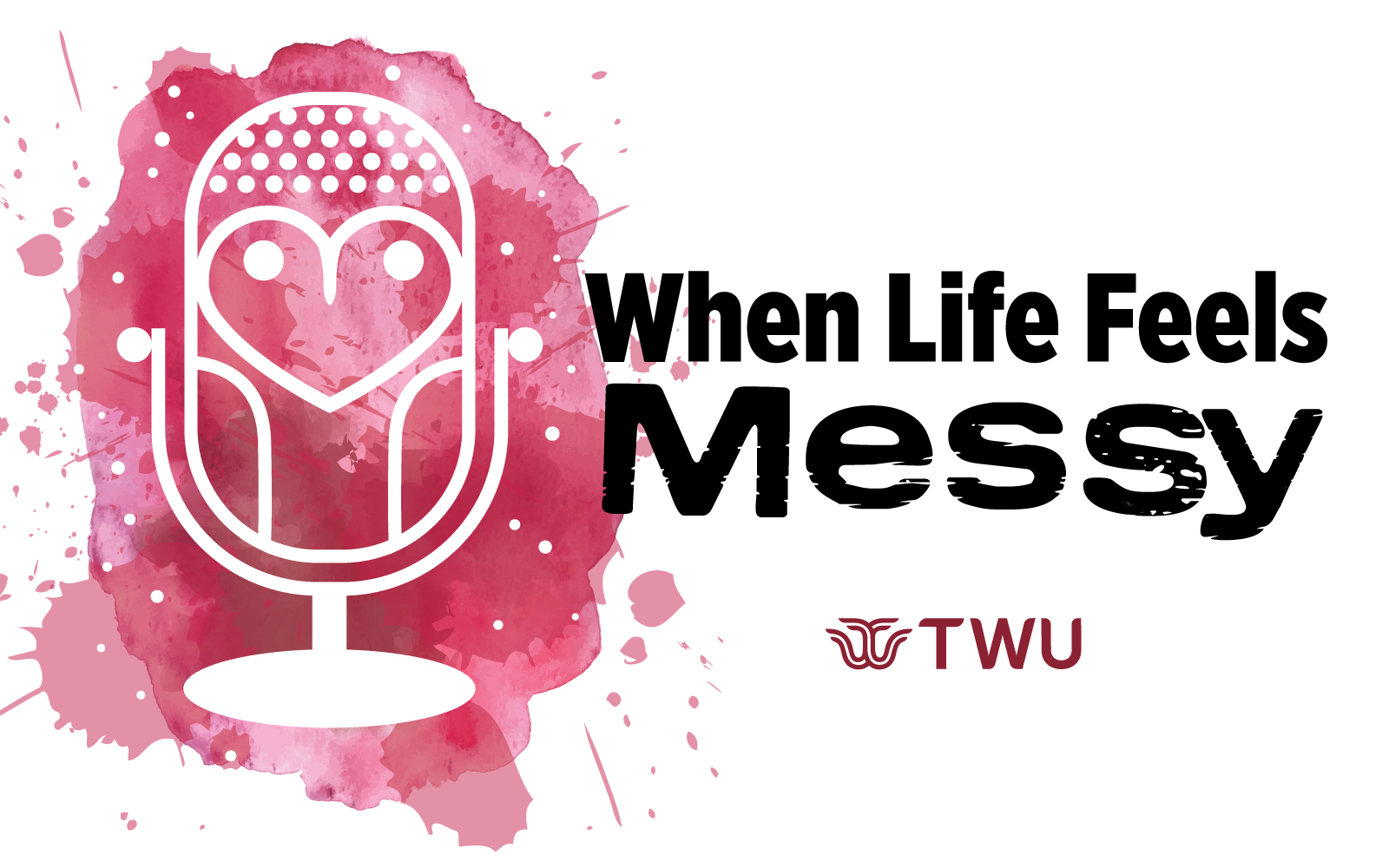Compassion fatigue is often defined as the emotional and physical tiredness and/ or depletion as the result of helping others ease their own pain and suffering. Compassion fatigue is analogous with vicarious trauma, or second-hand trauma, through helping or working with someone who has or is currently going through a trauma. Psychologist Charles Figley, provided a holistic definition of compassion fatigue as “a state of exhaustion and dysfunction, biologically, physiologically and emotionally, as a result of prolonged exposure to compassion stress.”
Individuals that most often report symptoms of compassion fatigue including people who work in professions of caregiving or immediate, critical care of others. These include: first responders(dispatchers, fire fighters, police officers, EMS), health care professionals(nurses, doctors, hospital staff), mental health providers(counselors, social workers, psychiatrists), and many more caregiving professions. Compassion fatigue occurs when an individual over extends their empathy and sympathy muscles, leaving them feeling emotionally drained and carrying the traumatic feelings of the people they are often trying to help. This can lead to the individual neglecting their own needs and wants, and having little to no motivation to help themselves.
It is important to understand and recognize any warning signs of compassion fatigue within yourself and what effective, practical tools help prevent and respond to them.
WARNING SIGNS:
Opening yourself up to the traumatic feelings of others, and holding on to those feelings
Acts of genuine care and compassion, turn into a task-oriented mindset
Becoming socially isolated and detached from yourself and others
Feeling angry, annoyed, irritable, depressed, frequent mood swings
Feeling numb to others’ suffering and your own suffering
Physical aches and pains, physical tiredness, headaches
Feelings of helpless and desperation in helping others
PRACTICAL SOLUTIONS:
Intentional mindfulness exercises throughout the day, even when you feel okay or happy
Physical self-care: eating regularly, drinking plenty of water, non-judgmental rest, physical movement/ exercise, quality sleep
Emotional self-care: give your feeling attention and care, even the uncomfortable ones, reach out to a friend, journal, going to therapy, do something that brings you joy
Practice intentional self-compassion, genuine love and care: think about those parts of yourself that feel neglected and ask them how you can make them feel less alone or understood
Schedule/ plan dedicated time and a specific plan to take care of your emotional and physical needs, and hold yourself accountable to maintain it


Comments
Post a Comment